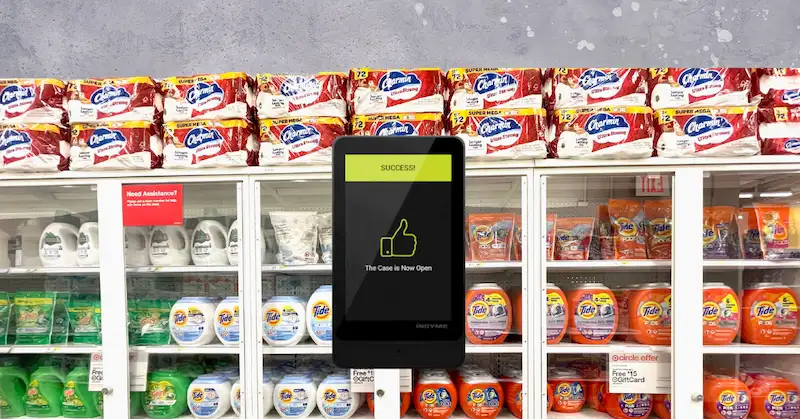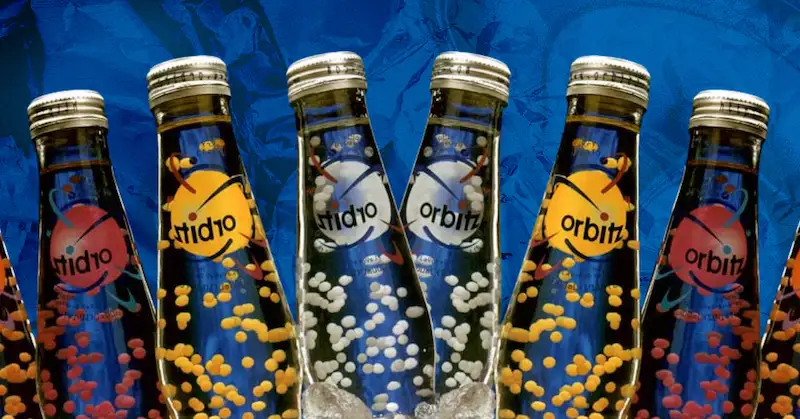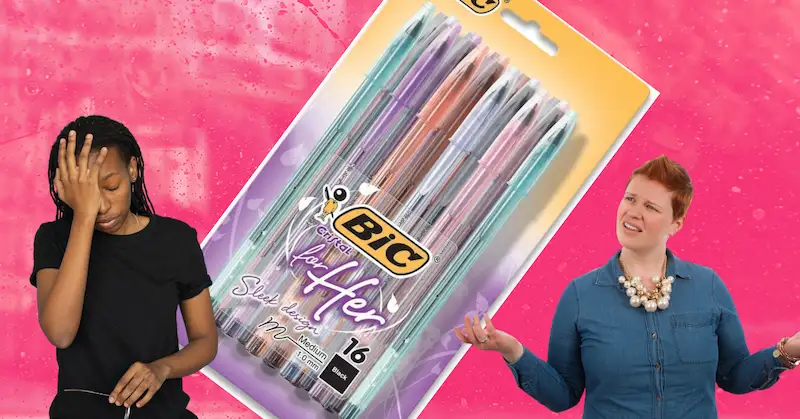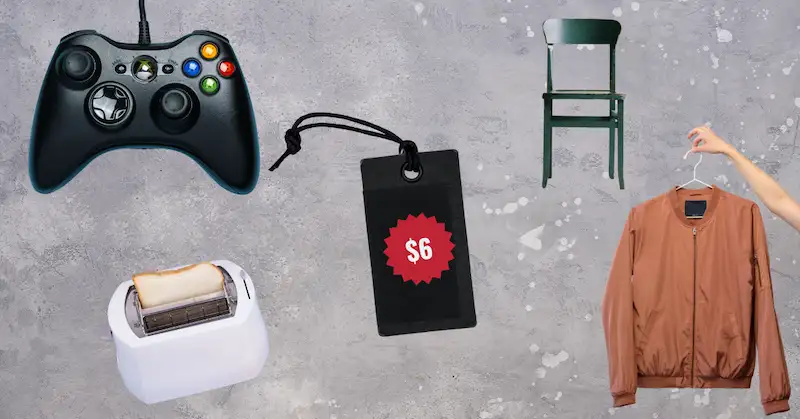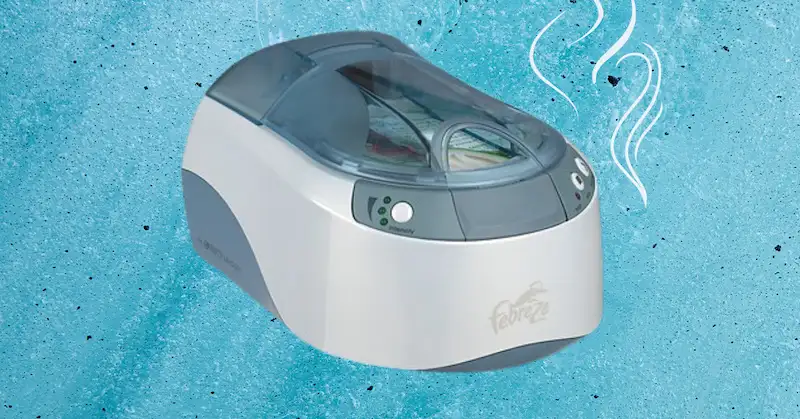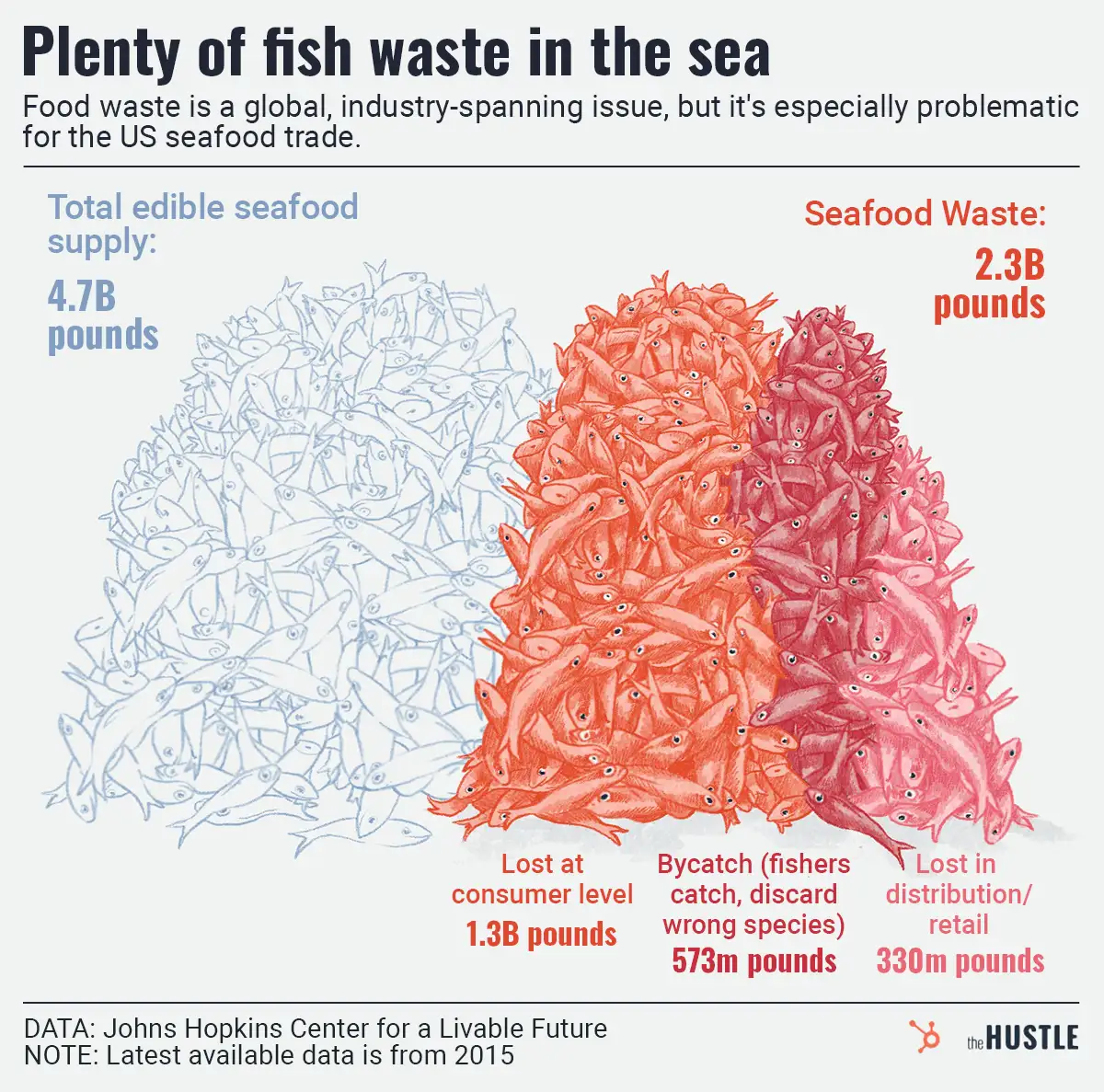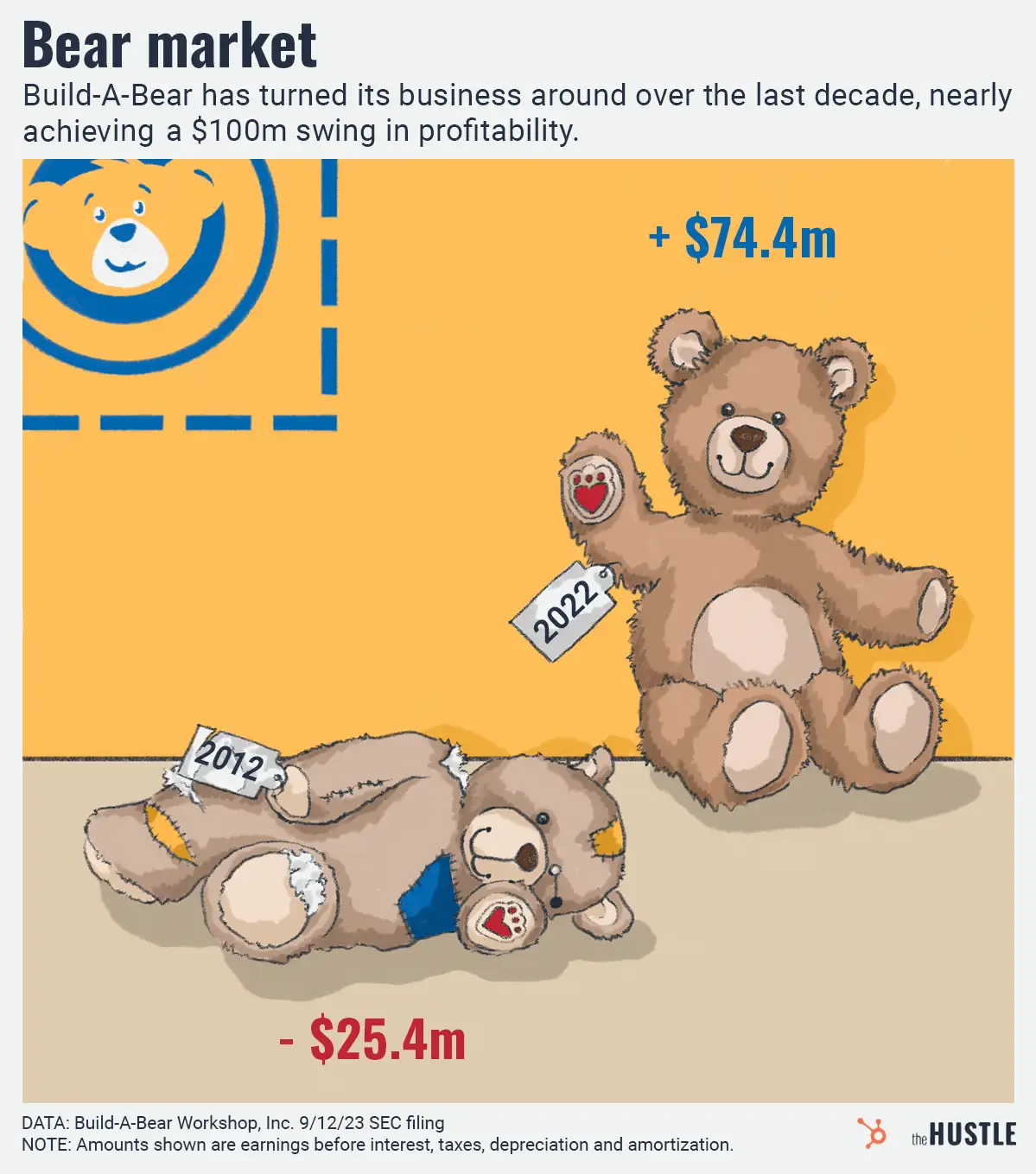Chances are “The Hut Group” doesn’t ring any bells.
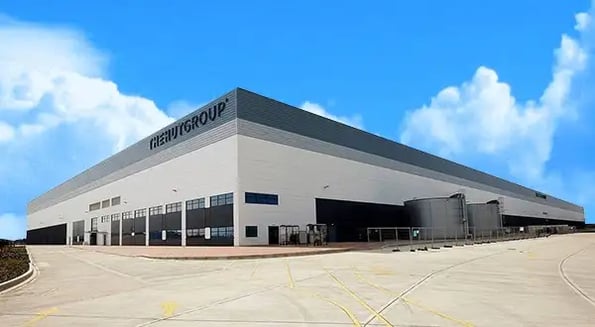
But there’s a very good possibility you’re among the hundreds of millions of folks who shopped on one of the company’s websites last year.
This little-known name is, in fact, a multibillion-dollar kingmaker quietly powering the direct-to-consumer (D2C) efforts of some of the world’s biggest brands.
COVID-19 pushed many major brands into D2C
Most consumer goods giants are set up to ship pallets of product to mega-retailers.
Pivoting that operation to D2C — which requires sending 1 or 2 items to your door — is a logistical nightmare. Established companies that want to do this typically have 3 options:
- Sell through a 3rd-party retailer, or on Amazon
- Build their own D2C operation from the ground up
- Outsource the operation to a D2C firm
That last one is where The Hut Group comes in
The firm’s platform, THG Ingenuity, handles everything from website creation to warehousing, marketing, sales, and shipping.
In 2019, Ingenuity sites served 1k+ brands, saw 610m+ visitors, and shipped 80m+ products. Last year, their ~$7B IPO was the largest debut on the London stock market since 2013.
Among THG’s clients? Coca-Cola
When the pandemic shuttered regular sales channels like stadiums and theaters, the soda maker’s revenue fell by 28%.
To help hedge losses, it tapped THG to launch an online store, which finally made it possible to order a Coke subscription without ever getting off the couch.
The D2C outsourcing market may hit ~$156B by 2023
That’s great news for THG, which sees gross margins of 82-99% on its software, according to the company’s investment prospectus.
Century-old brands like Nestle, who had almost no D2C presence 10 years ago, estimate D2C will make up ~10% of sales by 2022.
Now, they’re THG clients, along with P&G, Walgreens, Disney, Microsoft, and other D2C-challenged titans of industry.

